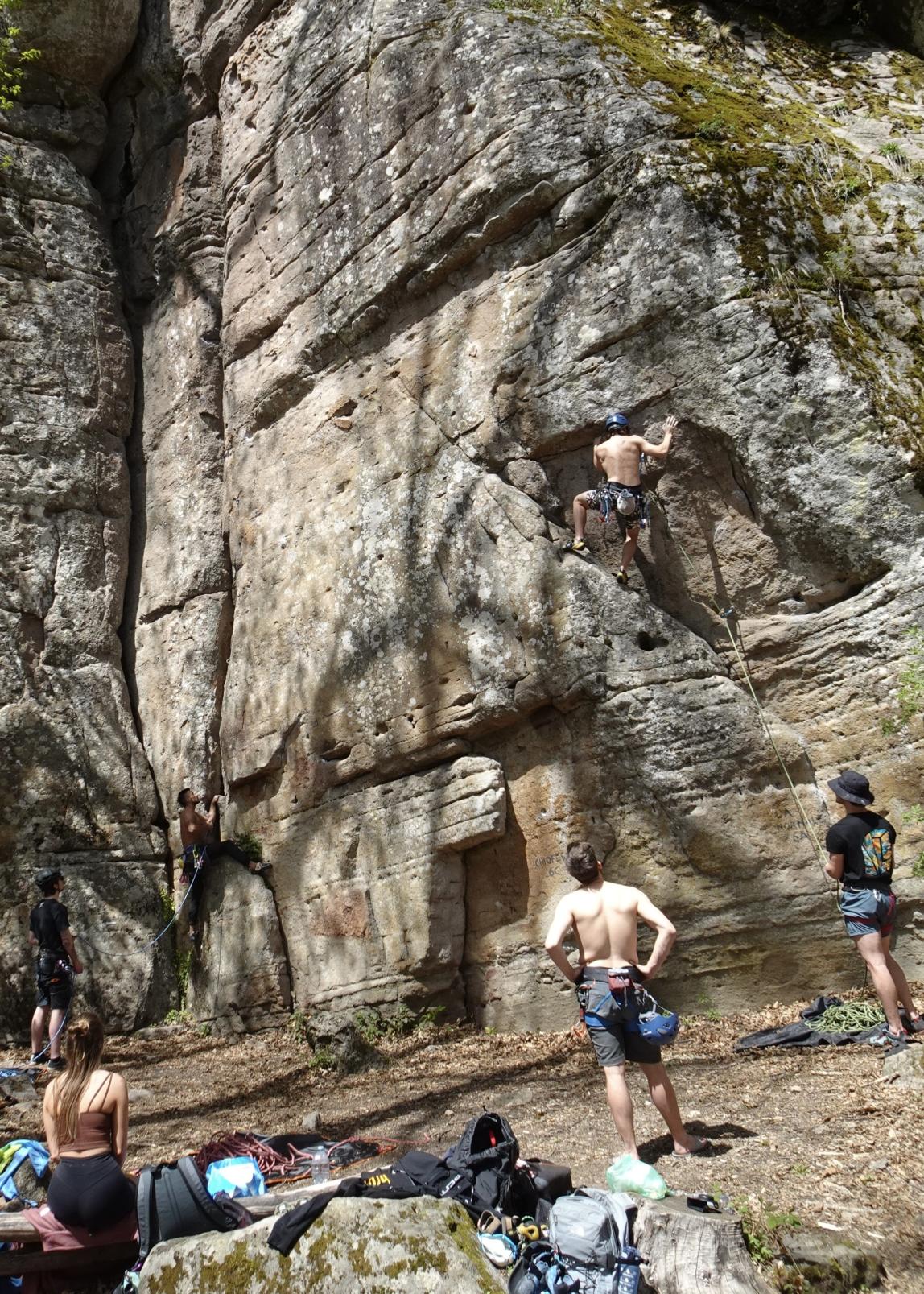
Exchanging cultures, sharing passions, building friendships
10/17/2024 - 10:26
- Uncover
Author: Carlo Pareti studied Social Innovation at BUas and is now a lecturer at Academy for Leisure & Events.
In 2017 I arrived in Breda as an international student from Italy, now I have already been working as a lecturer at BUas for 18 months. When I first moved to the Netherlands, I was all set for a cutting-edge, open-minded environment. I had never been here before, and all I knew was the image of the Netherlands as a progressive and innovative country. However, what I found was a whole new level of culture shock - from different social habits and norms, while also realising that cracking into Dutch social circles was tougher than expected. This mostly had me hanging out with other international students who were also trying to find their way, creating our own little bubble of shared experiences.
“Sorry, ik ben te laat!”
Over time, living in a new culture allowed me to consider my own cultural background with fresh new eyes. Day by day, I started appreciating the Dutch directness, which was a real change from the Italian approach of dancing around topics and never really getting to the point. Also, I discovered how my laid-back view on time clashed with the Dutch punctuality, leading me to my first Dutch sentence learned "Sorry, ik ben te laat!" - which I definitely used way too much in my first year! With regards to my view on time - and also my appreciation for slow living, I found common ground with people from Saint Martin and Curaçao, who exuded a similar chill vibe and relaxed attitude, reminiscent of the environment I grew up in.
Finding my place became easier later in my study years when I dived into my Social Innovation studies. I connected with both students and lecturers, enjoying the refreshing experience of true mutual relationships based on shared interests and values. Reflecting on this compared to the Italian mentality, I see how the Netherlands is much more egalitarian - people focus on what you can do and offer opportunities to build experience, rather than boxing you in by your age or past achievements, which is deeply ingrained in the Italian mentality. This hands-on, fair-play approach opened many doors for me, eventually enabling me to become a lecturer and now call my former lecturers and coaches my colleagues.
The importance of leisure
Leisure time also played a big part in making me feel at home. Cooking and sharing food with others - a big passion of mine and very Italian, indeed - helped me connect with people and build lasting memories. Whether it was making shakshuka with a Tunisian classmate, a mango salad with a friend from Curaçao, or learning how to prepare traditional Indonesian Nasi Goreng, it wasn't just fun; it allowed us to exchange our cultures and build friendships along the way. These moments of swapping stories and spices, of sitting around the dinner table enjoying meals together, truly brought us closer.
Probably the activity through which I eventually found my deepest sense of belonging away from home was with the bouldering community. It did not take long to connect with people from all corners of the world - the Netherlands, Namibia, Slovenia, Portugal, and beyond - who all shared the same passion, love of nature, and found meaning in challenging one another through this sport. Bouldering offers a unique mix of individual effort and collective support. Despite our diverse cultural backgrounds, sharing this passion made us all feel right at home with each other, no matter where we were actually from.
Looking back, my time in the Netherlands has been a mix of challenges and sharing awesome experiences. Learning to navigate cultural differences taught me a lot about what internationalisation really means - it is not just about crossing borders, but about connecting with ourselves. Moving forward, I am excited to create spaces that celebrate cultural differences, making sure international vibes are not just about expanding our professional or educational worlds, but also about enriching how we connect with each other and live with one another, allowing our interconnections to emerge naturally.
This article was published in Uncover Magazine - Internationalisation. You can read the complete magazine via this link.